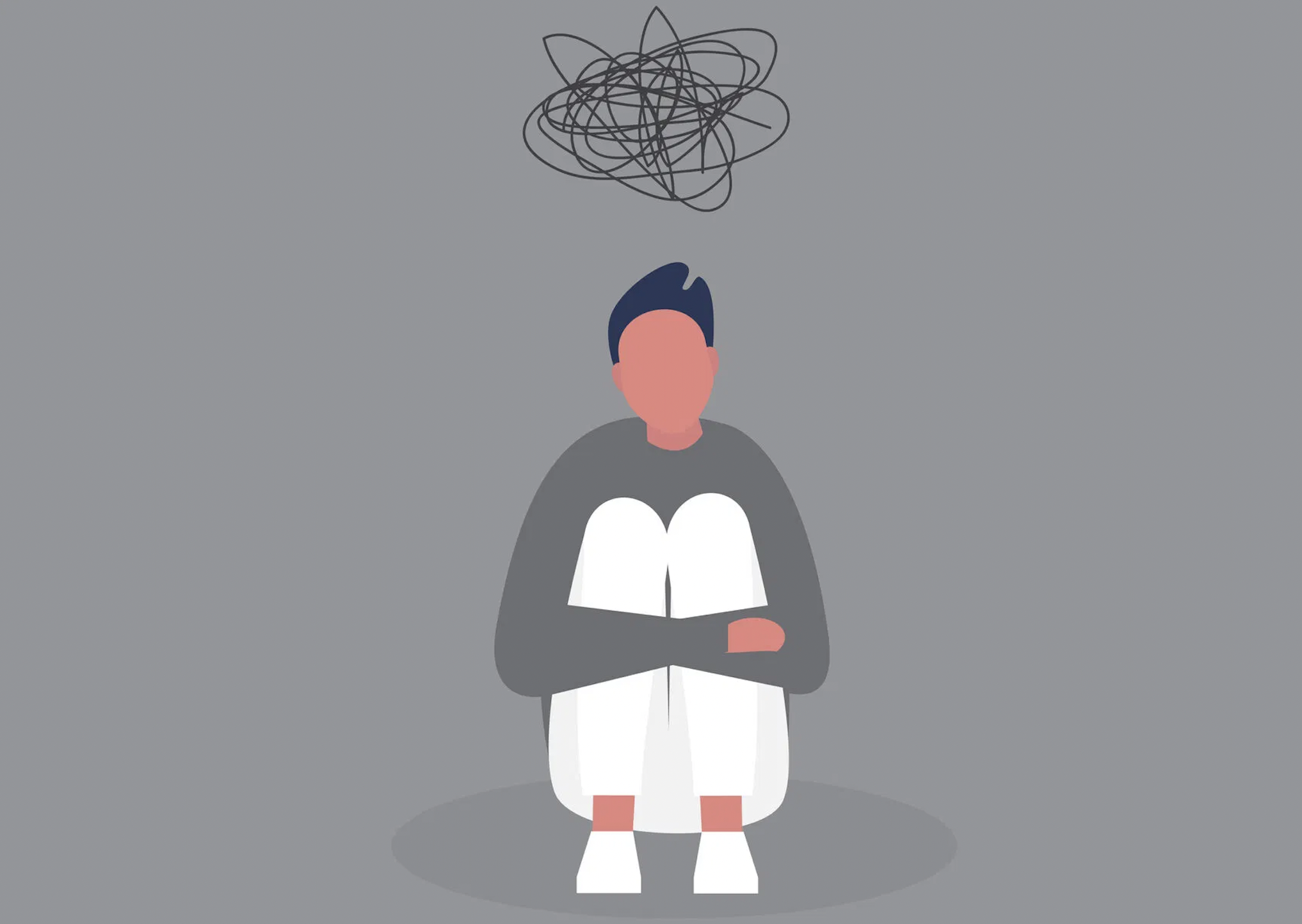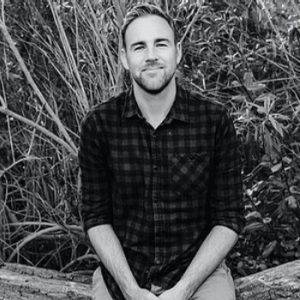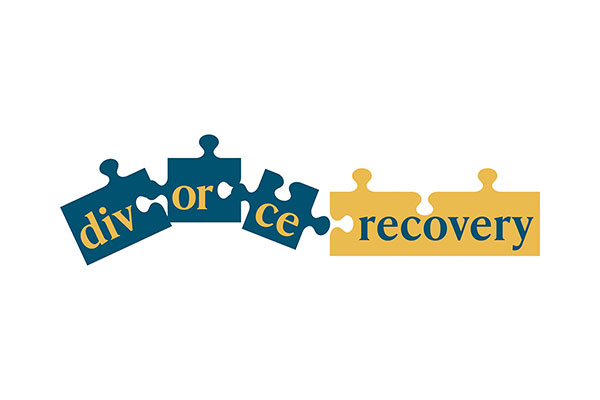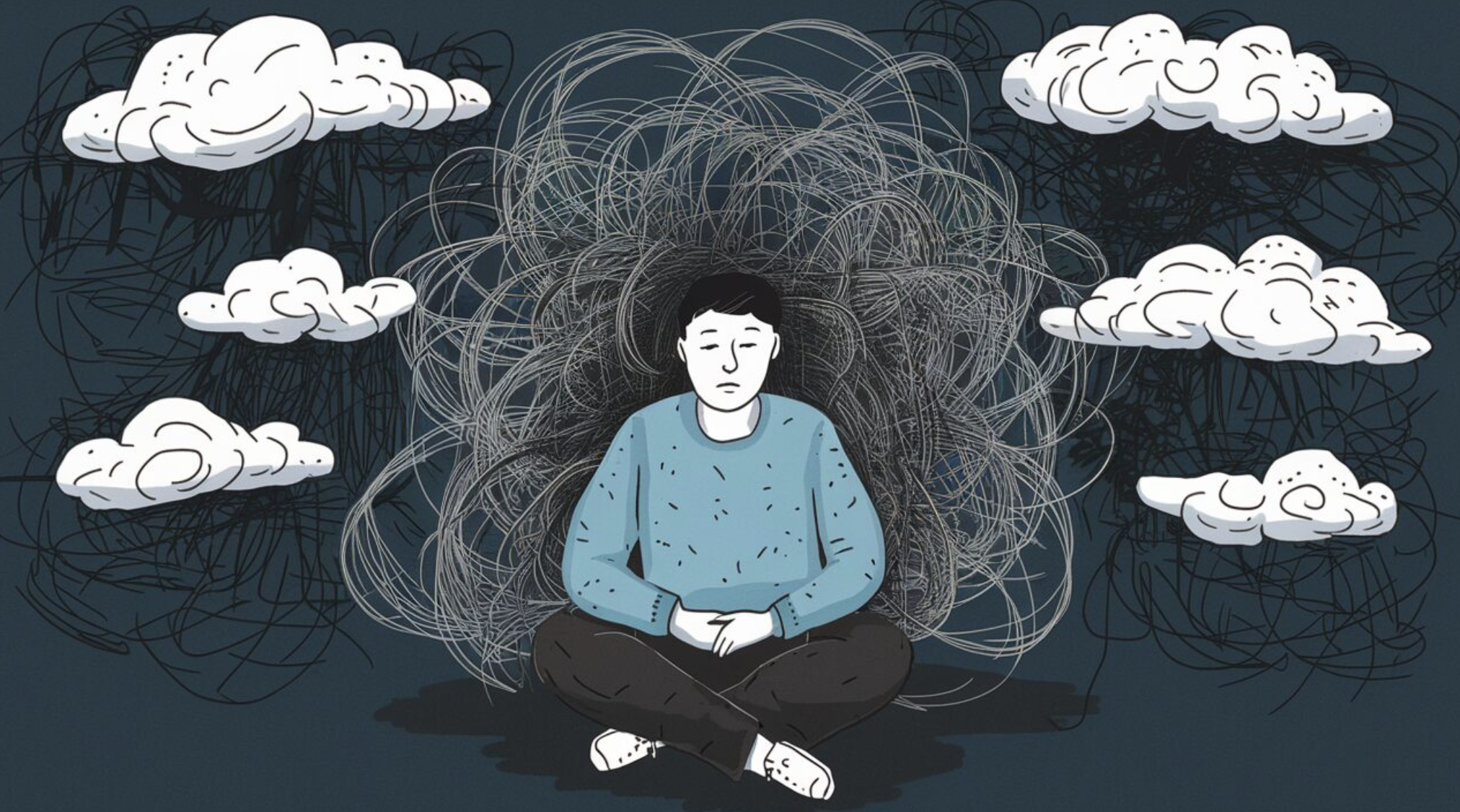Why does anxiety sometimes ramp up when things are calm?
In times of calm, we are more reflective, and more in touch with ourselves. We have a moment to take stock of the way we are living and compare that against the way we wish we were living. If they don’t match, we can experience some anxiety. Then, either to plan or work to make the necessary changes, otherwise, the anxiety persists. We tend realize we are living outside of our own value system during more calm, reflective states.
Another possible reason is, during calm times, most with anxiety have learned to falsely associate the present ease with a coming storm. It is something called the Confirmation Bias (we ignore or discount the moments where the calm wasn’t followed by a storm and go AHA! I knew it! when it is). Therefore, we register and connect the “storm after calm” moments than we do non-storm after calm moments.
The function of anxiety is to anticipate danger and scan the environment for signs of potential threat, this is on high alert for some when times are easier. Anxiety says, “Its calm now, but I know what’s coming.”
For others, anxiety is about control. Often those with a strong need for control carry a false belief that it is possible to capture states of calm and preserve them long-term. They forget the transient, impermanent nature of life and emotion and feel a sense of failure when life resumes its normal inconsistency. So, when something disturbs the blissful present state, it feels abnormally threatening, like it’s all about to come down on them although in reality it may just be a minor setback. Learning to appreciate, rather than attempt to set up camp and lock down states of calm is a psychologically healthier place to be. Paradoxically, it allows you to truly enjoy the calm.
Lastly, and equally as important, when our environments become calm our minds appear louder. The volume on the external environment goes down and we are confronted with the ever-increasing volume of our minds. Much of anxiety (and subsequently anxiety treatment) has to do with changing your relationship to your thinking mind. For most of us, our minds are not a place of refuge. They contain voices of concern, criticism, worry, insecurity, and fear. Jack Kornfield, a famous Buddhist psychologist says, “My mind is like a dark alley, I don’t like to travel there alone.” Sam Harris says, “…our minds contain the voice of the most rambling, chaotic, needling, the insufferable person we will ever meet.” When we are faced directly with our minds in a time of calm we get the full force of our psyches, usually quelled with distraction, bearing down on us.
Learning to change how we relate to our thoughts is essential in managing anxiety. The best approach to changing this pattern is psychotherapy (to work through the root cause of your fear-based way of being in the world) and mindfulness skillsMindfulness Skills in DBT involve being present in the moment and observing thoughts and feelings wi… (to have a daily, useable skill to fundamentally change your relationship with your mind).
Why does anxiety happen when life is going well and everything feels right?
If we could just bottle up the good times, wouldn’t it be great? Anxiety seems to creep in not long after the good times begin rolling. Fear does not just live in our conscious mindThe Conscious Mind refers to the part of the mind that holds thoughts, feelings, and perceptions tha…; it can permeate our unconscious as well. Therein lies a part of the riddle of anxiety during calm. We anticipate that all good things must end and in that, anxiety prematurely begins. Learning to appreciate, rather than attempt to capture, times of ease and hope is key to enjoying and soaking them up. Work with the idea of leaning into and connecting with the moment of goodness without needing it to stay forever. Paradoxically, doing this makes it feel like a longer period of time and people find they feel more nourished by the good times when they do this. You are actually present to it!
If you’re used to living with stress, loud noises, and chaos, can a calm environment be a trigger? Why does this happen?
Yes, mostly because you are used to living in a distracted state, frequently disconnected from yourself. You don’t have to be present with your thoughts and feelings in chaotic, loud, stressful environments. You are living life in a faced paced and highly distracted. When the distractions stop, the deeper stuff bubbles to the surface. Then, you have two choices, find more distraction or lean into it introspectively, make room and open up to the feelings, experiences, and thoughts that appear. A huge source of anxiety comes from consciously or unconsciously trying to push away or represses unwanted thoughts and feelings.
Permission is often the solution to turning down anxiety. A final thought here, it is also possible that people living in a stressed, chaotic state over a long period of time simply adjust. It feels more like home than a calm, quiet environment. We have an incredible ability to adapt and create new baselines in our psychologies. Anything foreign can provoke a sense of dis-ease or anxiety (i.e., the city dweller suddenly moving out to the countryside).
Why does resting/doing something for pleasure instead of working/cleaning/being productive make you anxious?
This is a major source of anxiety for a lot of young people finding their way in the world today. Productivity addiction is a real thing. We live in competitive, uncertain, success-oriented culture and productivity has become an anxiety-soothing reflex. So much so that many have trouble simultaneously enjoying the life they are working so hard to obtain. Truth is, ask any “successful” person, the journey to figuring it all out is the best part (Caveat, the word “success” to define a person is interesting in and of itself. It typically refers to capitalistic success not success in relationships, morals, ethics, family, love, or any other virtuous orientation. American values exposed there).
That is your life, so much of our lives are spent in pursuit but we haven’t quite figured out how to enjoy pursuit or longing as a culture. Even as you are reading this, this is your life story being written. Take it in. In the words of Sheldon Kopp, “You can’t get there from here and besides there’s no place else to go.” Please, learn to enjoy the beauty of this world, of pleasure, and rest. Find activities and pursuits that you enjoy for the sheer process, with no beneficial outcome. Find relationships with no “benefit.” This is vital ingredient in the good life and can help immensely with anxiety. As you find these engagements, let go of the guilt again and again and again. It is a toxic emotion that will steal your ability to fully participate and enjoy the life right in front of you.





